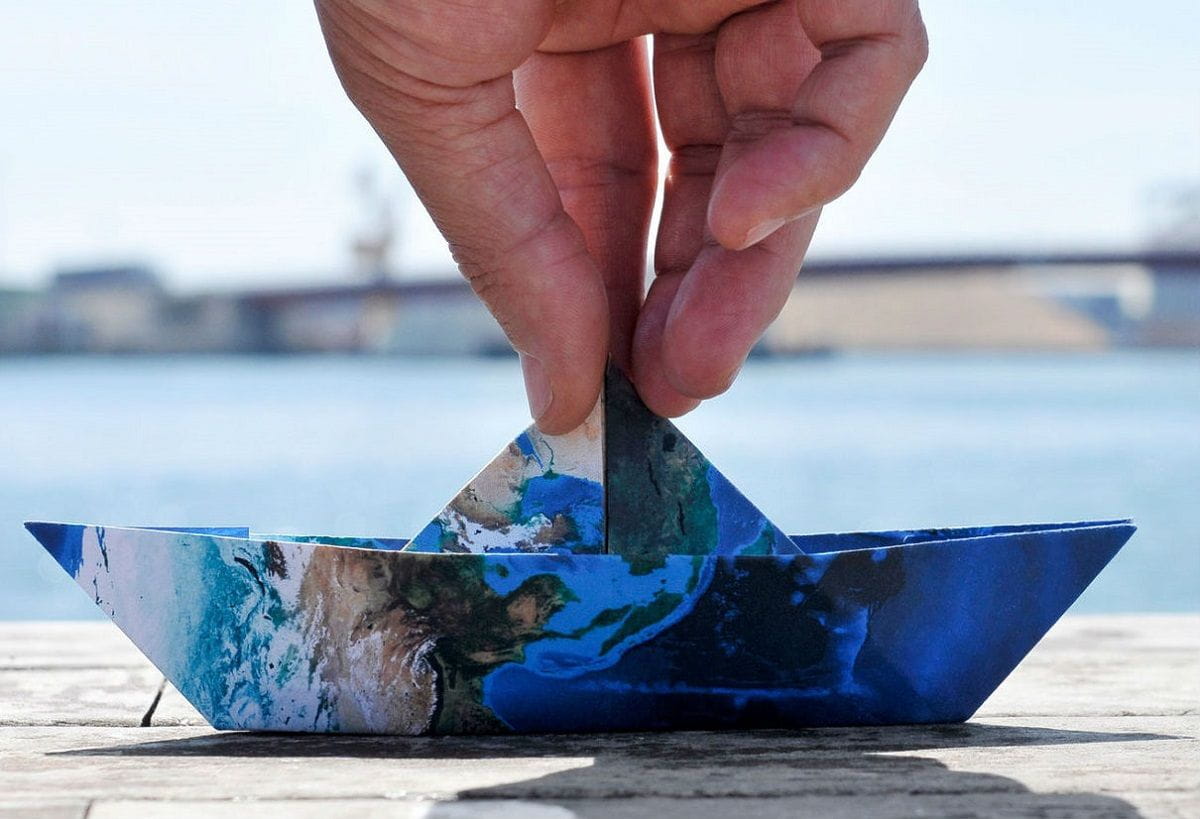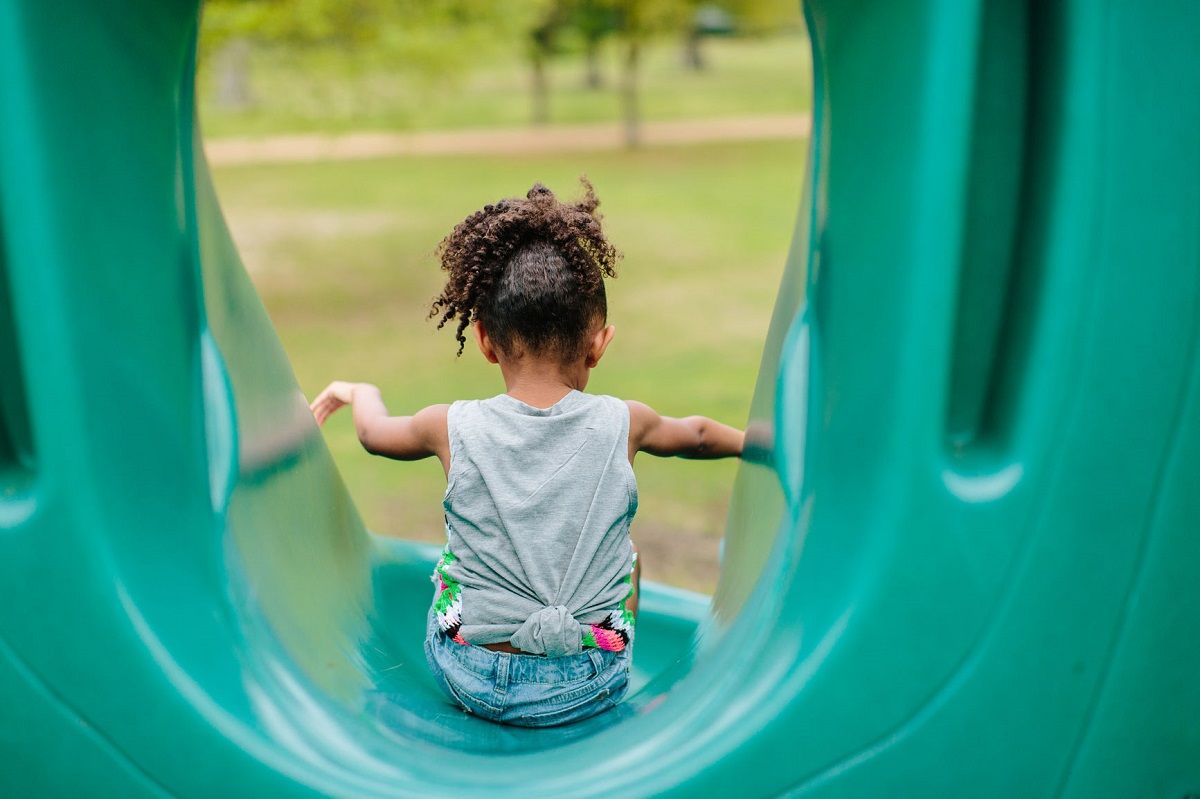Will It Sink? Preschool Science Activities Make Kids Independent Thinkers

By Rachel Ward
Plucking flowers or blades of grass, smooshing play dough, and even pushing items off tables (hopefully not full cups!) tend to be favored childhood activities that bring on plenty of giggles and grins for preschoolers. It may just look like kids being kids, but there’s actually a good reason for all that tactile fun!
“The three-year mark is when children are beginning to really understand that actions have results—and so they start looking for opportunities to try out cause and effect and see what happens, such as rolling balls on the floor,” says Sue-Ann Lively from KinderCare’s Education team.
This week, we’re letting kids have at it with this challenging, science-based activity full of cause and effect, trial and error, and experimentation galore.
Take a peek below!
Science Experiments with Water for Preschoolers Are a Splashing Good Time
This activity is chock full of opportunities to build science skills, all while having a little water fun at the same time: Kids are challenged to experiment with ways to make boats from foil, test how well their vessels float, guess how much weight their boats can hold before sinking—and then see if their guess was right!
All that guessing and testing builds an incredibly value skill set that will serve kids well long after they graduate from school.
"By taking the lead, asking questions, and finding the answers for themselves, children are building inquiry skills essential to learning, especially when it comes to STEM (science, technology, engineering, and mathematics) skills—and encouraging that kind of forward thinking and assertiveness early on helps kids become independent problem solvers,” explains Lively.
Want to keep the scientific exploration going at home? Try our quick and easy ideas below!
4 Easy Science Activities for Preschoolers to Try at Home
1. Oh, the things you can do with a handful of ice cubes
Hand over a bowl full of ice cubes and watch what your child does with them! Whether they're pouring them into another bowl, stacking them on top of each other, pouring warm water on top, or even sprinkling them with sugar or salt, kids will have a blast (and give you a glimpse of how their mind works at the same time). Want more icy fun? Try our five science experiments with ice.

2. Test out speed and gravity at your local playground
Bring a grab-bag of items with you to the playground (think feathers, toy cars, blocks, balls, small rocks, twigs and sticks, etc.)—after your child has gotten out all the wiggles and the slide is free of other kids, ask them which items they think will go down the slide faster than the others. Test their theories and see if they’re right. (Make sure you clean up afterward!)
3. Build a marble maze
What will their brilliant mind dream up? Paper plates, craft sticks or pipe cleaners, a little glue, and a marble are all you need! Challenge your child to come up with a maze on a plate for a marble to go through, and see what they construct.
4. Try the crawling-colors activity
Fill a few glasses with a little water and put a different color of food coloring in each (even if you just have two, this will work, but having more colors makes it even cooler). Have your child place a paper-towel strip in each one, with both sides of the strip hanging out of the glass and its middle immersed in the liquid. Twist one side of each strip around its neighboring strip to form a chain. Does your child think something will happen? Come back in a few hours and see if they were right!





